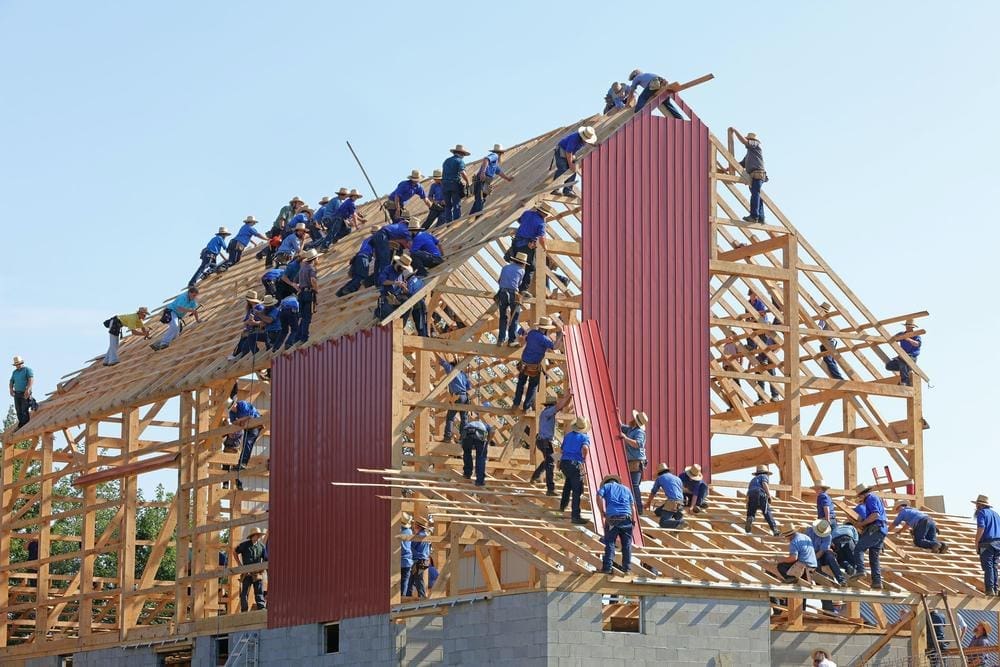
“Learning is the antidote to fear, prejudice, bias, and to becoming obsolete.”
― Kate Nassar
Life is a journey of highs and lows, gifts, and sacrifices — and the many planned and unexpected events. When I talk like this I sound like my mother and grandmother. If I look in the mirror, I am taking on their physical looks, as well as their wisdom. And like my maternal matriarchs, I like to explore and share the everyday cliches that they found to be true. These ‘truisms’ can be a phrase or opinion that is overused and so repeated that another person can finish the phrase once you begin to say it. However tired some of the cliches sound, I find them to be spot on. One of these truisms that rolls through my head all the time now is, “Time speeds up as you age.”
During this unique time, I am focused on how I use this precious resource called time. The COVID virus pandemic and the change, challenge, and redirection it creates in our lives causes me to recognize the fragility of everything, the speed and blur of the passage of time, and the importance of having a clear intention of what I will do with my time and how I will be in every interaction.
A reader of this blog has confronted me in writing. They interpreted my words as giving this universal, global Pandemic experience too much power. And that I am operating from a position of fear.
I am not trying to be right or wrong. Instead, I embrace everyone’s perspective but I don’t always need to agree. My intention in writing is to share my observations from everyone I meet and find the shared themes without bias. I want to uplift the good works of others while sharing the hardship that is being experienced. I cannot deny the elements good and bad. I can’t ‘put lipstick on this pig’ of a pandemic. Yet I do see, hear, and witness the trauma and pain caused by this experience and the remarkable positive actions of individuals who rise and help others to navigate.
The word crisis in Japanese 危機 (“Kiki”) has a dual meaning Interpreting each character shows a whole other picture. The first character (危) means “dangerous” while the second (機) means “opportunity.” I find this very fitting for approaching the many facets of the pandemic. It is a crisis for individuals, organizations, countries, and the world. It is steeped with uncertainty and can create a roller coaster ride for anxiety. It also has spawned many innovations and positive changes that we would not have made as quickly without the threat. It is human nature to not change when we are comfortable, but rather when we are in pain or at risk of pain.
There is no turning back from the direction this experience has carried us. My intention is to use the precious time afforded me to grab the ‘opportunity’ to contribute to creating a better future for all.
I look around at all times to see how other people are coping. There is a ‘fire hose’ of content in the form of articles, books, new research, webinars, YouTubes, podcasts, and blogs with everyone trying to make sense of the ‘opportunity’ and contribute some ‘advice’. I enter this third year with the goal of steeping myself in as many different perspectives and exposing myself to as many new frameworks as I can.
Instead of clicking through and trashing the many emails with content, I now pause to review them and save the best to read and re-read. I pass on and re-post those that really feel fresh and helpful.
I have reprioritized my involvement in professional associations and am participating in the regular monthly meetings of my professional peers. I miss the in-person networking but am rediscovering the value of being in community and connecting.
In January, I participated in three Sundays facilitated by the writer David Whyte. He is a poet whose approach to prose fosters leadership and self-awareness. He reads his poetry in a deep Welsh accent and asks deep questions that prompt the need to slow down and quiet my busy mind. It was a wonderful way to spend cold, snowy Sundays in January and to start a new year.
I am like a person who has gone on a reflective ‘bender.’ I am enrolled in two, six-month learning communities with other seekers. And with a colleague have started a professional peer-learning circle.
My diet of remote work and solitary living has me finding new ways to connect and expand my horizons. I am literally rolling in good stuff and bubbling with enthusiasm. The result is that it may land on your plate too. I love to share the good stuff!
And this dangerous opportunity is raining down and uncorking some good thinking.
All this preamble was generated to get to the nugget that I would like to share. (If anything, during the pandemic I have become more long-winded.)
While conducting one-on-ones in a client system this week, I listened and learned that their culture was ‘bleeding out from under their noses.’ Their social-distancing and remote working have contributed to a loss of touch and connection. Each person shared both good efforts and the symptoms of a loss of teamness feeling.
These words connected immediately with a webcast that I had just heard. The researcher-author, Marcus Buckingham was being interviewed by Harvard Business Review for his new book ‘Love+Work’ key themes. He focused on what his organization’s research had found out about effective teams.
He shared that teams aren’t necessarily a fixed group and are not a place but rather a feeling of teamness. He continued to cite that higher levels of teamness contribute to increased performance, engagement, and retention.
His research found that there are three big indicators and contributors to the heightened experience of team.
1. Team experience is grounded in a feeling that others use your strengths every day and see you at your best. He said clearly, “It is when they know me.”
2. Effective teaming happens when everyone knows what is expected of them at work. He shared this as, “They focus me.”
3. When a person feels cared about by others— at work and in all the domains of their life — they commit and contribute more. He stated this simply as, “I am cared about.”
I have shared Marcus’ simple yet powerful findings several times since hearing them early in the week. We are all looking for ways to remain motivated, connected, and contributing, and also in creating the climate for others to feel the same.
The pandemic experience doesn’t need to result in a loss of our closeness but is the opportunity for us to pull together and do very simple, human things to maintain our commitment to each other and the mission of our organization. Our culture isn’t a place but the collected shared values, beliefs, and actions.
Marcus Buckingham’s research, shared in his new book “Love+Work,” keeps me focused on the simple, common-sense stuff that we all know and can all do every day. If you want more of what he has to share he is generously giving it away on www.marcusbuckingham.com
Do you have a renewed approach to you work and working relationships?
Have you found any resources that refresh your commitment?
Do you have a favorite cliché that fits this moment?
I am always curious and learning. My best source of wisdom comes from you. Thank you.
Leslie
“Go put your creed into your deed.”
― Ralph Waldo Emerson


Recent Comments